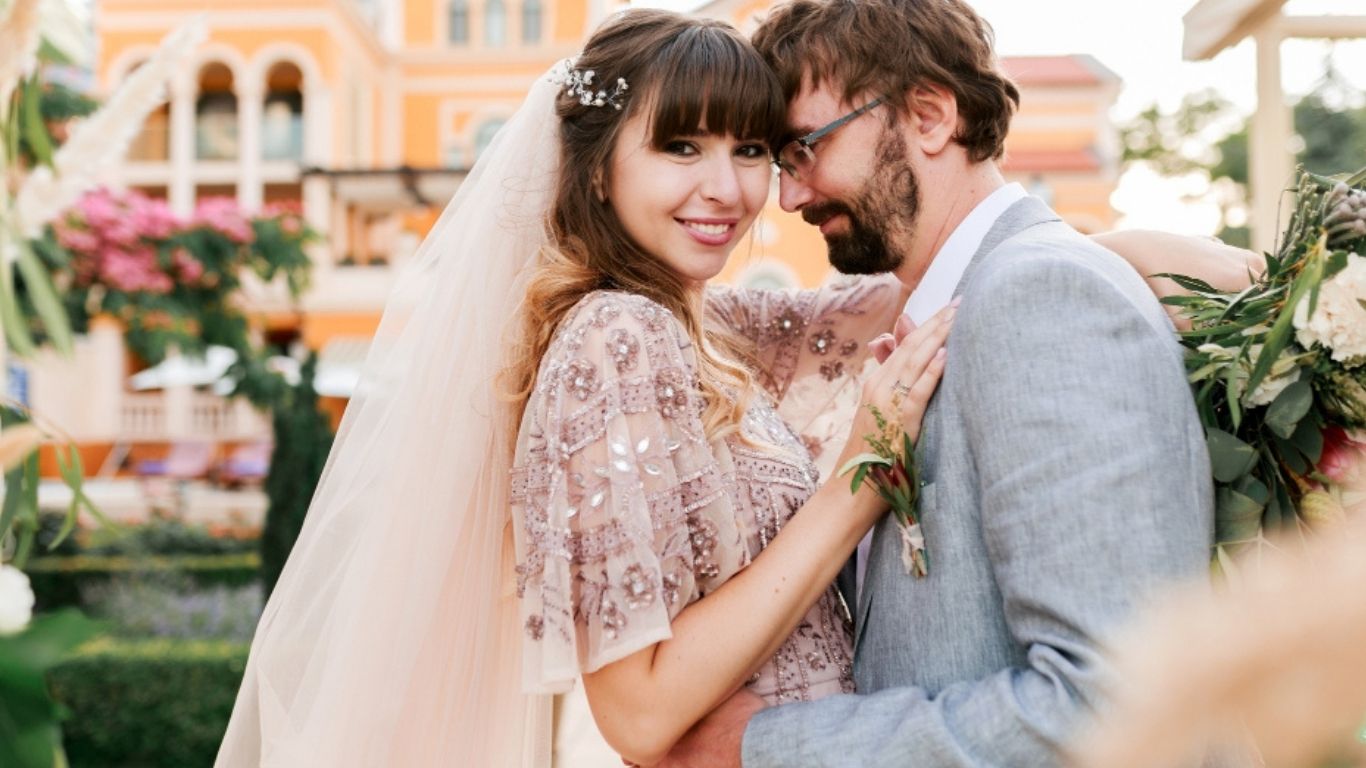
Arranged marriages have been a deeply rooted tradition across many cultures, especially in South Asia, the Middle East, and parts of Africa. However, thanks to popular media and misconceptions, arranged marriages often get an unfair reputation. Many people view them as outdated, oppressive, or lacking in love, but the reality is far more nuanced.
Today’s arranged marriages have evolved significantly, and understanding the truth behind the myths can offer a fresh perspective on this age-old tradition. Let’s dive into the five most common myths about arranged marriages and uncover the facts behind them.
1. Arranged Marriages Are Forced Marriages
Fact: Consent is Key in Modern Arranged Marriages
While forced marriages do exist (and are rightly condemned), they are entirely different from arranged marriages, especially in today’s context.
In a modern arranged marriage, families play the role of matchmakers, introducing potential partners based on compatibility, values, and shared life goals. However, the final decision typically rests with the individuals involved. Both parties have the right to accept or reject the proposal after getting to know each other.
Key Difference:
Forced Marriage: No consent from one or both individuals.
Thus, modern arranged marriages prioritize mutual respect, choice, and compatibility just like love marriages.
2. Arranged Marriages Lack Love
Fact: Love Can Grow in Arranged Marriages
Another common myth is that arranged marriages are cold and loveless, simply formal contracts between two families. In reality, many arranged marriages blossom into deep, enduring love stories.
While love marriages often start with passion and romance, arranged marriages may start with mutual respect, shared values, and a willingness to build a life together. Over time, emotional intimacy grows through shared experiences, trust, and commitment.
Interestingly, some studies suggest that love in arranged marriages can become stronger over time, whereas love marriages sometimes see a decline in satisfaction after the “honeymoon phase” fades.
Important Truth:
3. Arranged Marriages Are Only About Family Reputation
Fact: Personal Compatibility Is the Primary Focus Today
In the past, considerations like family status, caste, or social standing often dominated marriage decisions. While cultural and family background still play roles today, modern arranged marriages have shifted their focus heavily toward personal compatibility.
Families and often professional matchmakers assess compatibility based on:
- Education
- Career goals
- Personality traits
- Hobbies and interests
- Life values (like views on children, religion, and finances)
Young people and their families today understand that marriages are sustained by mutual understanding and emotional connection, not just by family alliances.
Modern Trend:
Compatibility, communication, and shared values are now at the center of arranged marriage discussions.
4. Only Unattractive or “Less Successful” People Choose Arranged Marriages
Fact: Arranged Marriages Are Chosen by People Across All Walks of Life
It’s a harmful stereotype that arranged marriages are the “last resort” for people who can’t find partners on their own. In reality, highly successful, attractive, and socially active individuals often opt for arranged marriages.
Why?
- Busy professionals may not have time to actively date.
- Some prefer the family-vetted introduction system for safety and background assurance.
- Others trust that parents and professional matchmakers can help find someone genuinely compatible.
Choosing an arranged marriage is not about desperation; it’s about trusting a traditional yet evolving system that has successfully connected people for centuries.
Reality Check:
Doctors, engineers, entrepreneurs, artists, people from all professions and lifestyles happily choose arranged marriages today.
6. Arranged Marriages Are Outdated and Rare
Fact: Arranged Marriages Are Still Very Common and Evolving
Despite the modernization of societies around the world, arranged marriages remain common, especially in countries like India, Pakistan, Bangladesh, and among diaspora communities globally.
However, how they are arranged has changed dramatically:
- Many couples meet through matrimonial apps and websites.
- Families still introduce potential matches, but often after thorough conversations between the couple.
- Meetings happen in neutral, casual settings, giving individuals time to build a connection before committing.
Arranged marriages today often blend tradition with modern dating practices. They offer a balance between respecting family values and ensuring individual happiness.
The Blessings Matrimonials
Our team works with dedication, sensitivity, and professionalism to connect individuals with potential matches who align with their values, aspirations, and lifestyles.
Whether you are looking for a partner who shares your cultural background, professional ambitions, or life goals, The Blessings Matrimonials offers personalized matchmaking services. We focus not just on family compatibility but on building connections based on mutual respect, understanding, and long-term happiness.
Trust The Blessings Matrimonials to help you begin your blessed journey of love and companionship.
Don’t miss: 5 Most Common Causes of Divorce
Conclusion
While myths continue to circulate, the truth is that arranged marriages today prioritize personal choice, emotional connection, and compatibility more than ever.
Love does not only spring from spontaneous meetings or serendipitous encounters. It can also grow from thoughtful introductions, shared values, and a genuine desire to build a life together. Arranged marriages offer an opportunity to blend tradition with modern sensibilities, creating strong and lasting relationships.
If you’re open to finding love through a trusted, supportive process, The Blessings Matrimonials can guide you to someone who truly complements your life’s journey. Because at the end of the day, whether it’s arranged or love, a successful marriage is always about trust, respect, communication, and a shared vision for the future.